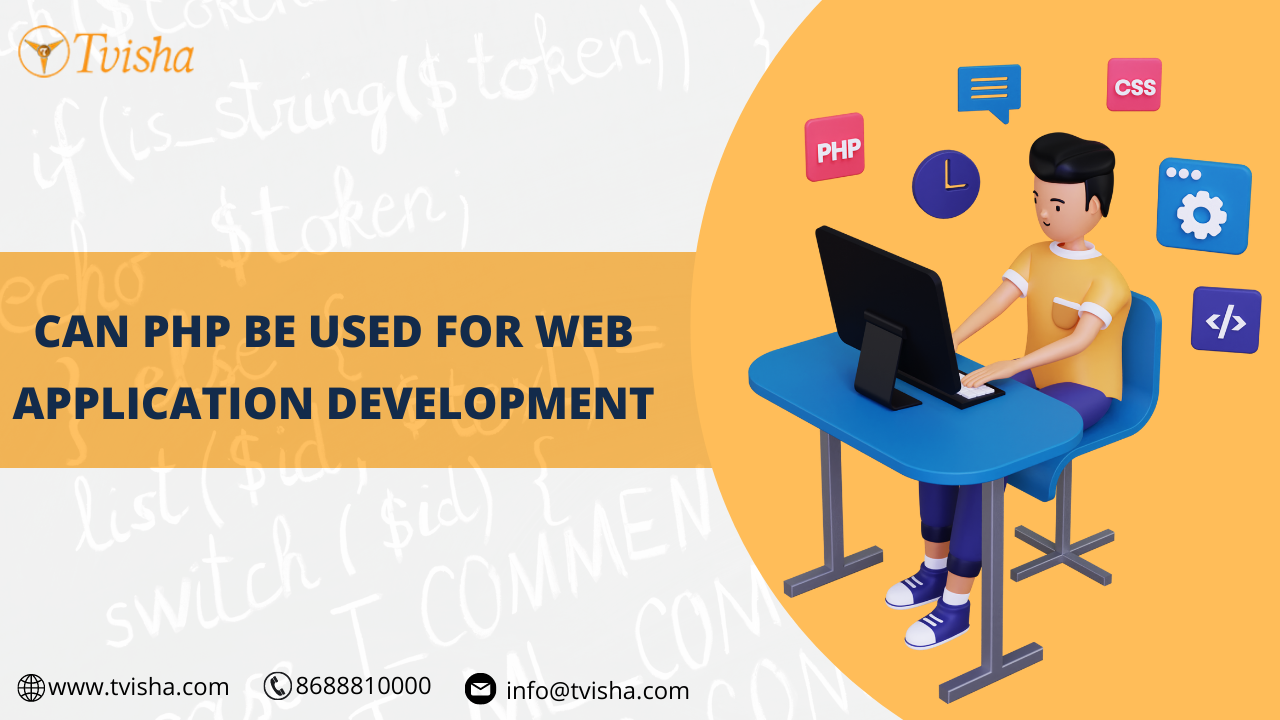
Can PHP Be Used for Web Application Development
In the recent era, 79% of the websites designed across the web utilise PHP as a server-side programming language because it has excellent functionalities, features, availability, scope, dynamics, etc. As a result, most enterprises choose PHP for web application development. However, before discussing further why using PHP is best for web app development, we need to know what a web application is?
What is Web Application:
The online application that can be executed on any browser or any device is a web application. It is similar to a computer program which performs a particular operation by utilising a web browser and the one that runs on a remote server. A few of the instances of the web applications are content management systems (CMS), video streaming websites, online photo editing tools, and project management systems.
Web Application Features:
The web app is different from other apps, which don’t require an installation. A web application development company uses client-side scripting languages like HTML and JavaScript and server-side programming languages like PHP.
The client-side scripts will display the information in an easy way to the user, whereas the server-side scripts stores and retrieve the data. Here are the features which a modern web application has to possess
- Smart and robust support.
- Security and scalability.
- Interoperability.
- High performance.
- Intuitive user interface.
- Complete portability.
- Cross-platform operability and
- Event-driven approach
There are many reasons to use PHP for web application development. But before going into depth, let’s discuss what PHP is?
What is PHP?
Once PHP was called Personal Home Page Tools, it is now called Hypertext Preprocessor. It is an HTML-embedded scripting and open-source language used to write server-side programs. It joins HTML documents and the power of Common Gateway Interface(CGI) scripting to allow the PHP developer to make websites, web apps, and dynamic web pages. PHP server is used by Magento, Joomla, Drupal, WordPress etc. Big platforms like Vimeo, Facebook, Flickr, and Yahoo use PHP app development.
You can even run PHP web applications on several operating systems like Windows, MacOS, Linux etc. The developers have complete freedom to pick a web server and operating system while an application is being developed. PHP supports web servers like Sun Java System, Jigsaw Server, Internet Information Services(IIS), and Apache. It doesn’t matter if you choose procedural or object-oriented programming, as PHP supports both programming styles.
It consists of an extensive library for parsing, regular expressions, data fetching, and database drivers. You can execute PHP codes or scripts efficiently. It also supports devices like Redis, Memcached, and APC that are utilised to cache PHP codes and store them in the server. It will allow loading quickly on the web. Its cluster mechanism will provide fault tolerance, meaning one part's failure will not affect the other part of the chain. It also offers development flexibility designed for supporting Facebook’s HipHop Virtual Machine(HHVM).
Reasons to Choose PHP for Web App development.
Here, we will discuss the reasons for choosing PHP for web development.
1. User Friendly :
Most web developers' first and favourite choice is PHP, which is easier to use. It is well organised and clear, unlike other traditional programming languages. You don’t need any study material or a guide to learn about PHP development. Even an amateur can also understand PHP command functions. It’s not tough to do coding using PHP as it is similar to the C language. Individuals who know the C language can code in PHP with ease.
2. Open-Source :
PHP is an open-source programming language. It is open to anyone, and you can utilise it anytime and anywhere. Moreover, you will get control over the code while using PHP, which can help you customise the products in whatever you wish.
3. Less Vulnerable :
PHP possesses distinct built-in features which safeguard your website from various security threats. Many believe that open source means insecurity, but this language is free from those thinking. The developers of PHP can easily detect common issues like SQL injections and data tampering.
4. Performance :
Compared with other programming languages, PHP scripts execute with great speed with independent benchmarks that make it compete with other options like JSP, Pearl, and ASP.Net. A third-party accelerator is also present for enhancing response time and additional performance.
5. Effortless Connection of Database :
Most e-commerce websites require a large database management system(DBMS). PHP is the only programming language with a built-in module that simplifies the entire procedure. It is why many web development companies are choosing PHP for web app development. PHP also helps in reducing the time needed for website development along with the best DBMS.
6. Highly Scalable :
It is an incredibly flexible programming language. Developers feel annoyed editing the scripting language while completing a project or during an ongoing project. But PHP has unique features to alter the script at any time. It is why the programmers do not need to rewrite the command function or code. It will let you spare so much of your time.
Now, it is better to know about PHP frameworks which can help the developers create website applications. But let's learn what the PHP framework is?
PHP Framework:
It is the framework which enables you to create web applications. It consists of many libraries with pre-packaged classes, methods, and tools for implementing software design patterns. It supports many databases and offers designers and developers to export different graphic files and text.
Advantages of using PHP Framework for Web App Development?
Here are the advantages of using a PHP framework.
1. Less code to write:
PHP frameworks have built-in functionalities that you don’t need to create as much as the original code.
2. Use proper techniques of coding:
Most PHP frameworks stick to the best practices of coding. They allow you to structure your code in a maintainable, logical, and tidy way. They also define entity name standards that need to be followed by the developer during web app development.
3. High Rapid Development:
They offer built-in tools and libraries and reduce the development time. A PHPUnit library is incorporated in all the prominent PHP frameworks for performing testing simply.
4. Task-Related Libraries:
Web app developers need to maintain standards while offering PHP web application development services.Some examples are data sanitisation, CRUD(Create, Read, Update, and Delete) operations, and form validation. Besides writing about your operations for these tasks, you can also use the ones included in the respective PHP framework.
5. A Safer Place to Develop Your Applications:
The security risks of PHP are SQL injection attacks, cross-site petition forgery, and cross-site scripting. Your web applications of PHP are susceptible unless you take preventive measures to protect your written code. When you utilise a PHP framework, it will reduce hacker attack risk.
Best PHP Frameworks to use for Web App Development
Here are the best PHP frameworks you can use during web application development. They are:
1. Laravel
It is the prominent free and open-source PHP framework that was introduced in 2011. It is because Laravel can handle complex web applications securely at a fast speed compared with other frameworks. In addition, it possesses elegant syntax and concentrates on the experience of a developer.
The developers using this framework can enjoy a simplified development process as it streamlines the tasks such as sessions, routing, authentication, and routing. Laravel also offers a PHP template engine called the Blade, which can be used with frontend JavaScript frameworks like React or Vue.js.
Features of Laravel
- It has a powerful routing system that enables developers to define expressive and clean routes for their applications.
- It follows a Model View Controller(MVC) architecture that separates presentation and business logic.
- Laravel uses a blade. It is a powerful templating engine that enables developers to create reusable templates easily.
- Its eloquent ORM offers a simple and expressive to communicate with databases. It enables developers to perform normal database operations such as inserting, updating, selecting, and deleting records utilizing PHP syntax.
2. Symfony
It is a PHP MVC framework that has been available since 2005. Symfony is a stable and established platform. It is also recognized as the only framework which adheres strictly to web and PHP standards.
Features of Symfony
- It uses a large collection of reusable components that can be easily integrated into your application.
- It follows PHP and web standards to make sure your code is portable and maintainable.
- It offers a flexible configuration which allows you to configure your app to meet certain needs.
- It has testing and debugging tools, making it easy to test and debug your app.
3. Code Ignitor
It is a lightweight PHP framework mainly designed for developers that need a beautiful and straightforward toolset for building complete featured web applications. Code Ignitor is a tiny PHP framework that consumes disk space of 1.2 MB. It ensures you load the page soon and possesses a minimum influence on your web apps and server.
Features of Code Ignitor
- It is used to make scalable applications.
- It is a simple and lightweight PHP framework.
- It is quicker than other competitor frameworks.
4. Yii
Yii is a PHP framework that is evolutionary, high performing, and simple. It depends on the component and is suitable for all PHP projects. It is recommended for the rapid development of large-scale web apps. It usually stands for Yes, it is! Which means it is a dependable and reliable framework for web programming.
Features of Yii
- It is a lightweight and fast framework that is optimized for high performance.
- It supports multiple databases and offers a powerful ORM(Object Relational Mapping) system for communicating with databases.
- It is incorporated with various security features like output filtering, encryption, and input validation.
- It has a flexible caching system that can help you enhance the scalability and performance of your app.
5. CakePHP
It is one of the best PHP frameworks which enable you to create feature-rich and visually appealing websites. CakePHP is simple to learn with CRUD(create, read, update, and delete) structure. It offers high performance, which has excellent characteristics. It has an extensive library along with valuable components.
Features of CakePHP
- It is easier and simple to set up as it only needs a framework copy and a web server.
- It is an outstanding framework to use for building business applications.
- It quickly helps in building applications and has appropriate class validation and inheritance.
6. Zend Framework
It is a completely object-oriented framework that has features such as inheritance and interfaces. Furthermore, Zend Framework was made utilising the agile procedure, allowing you to provide a high-quality application to specific business customers. It follows PHP practices that have excellent standards and high flexibility. These things are needed for developers looking to add specific features to their projects.
Features of Zend Framework
- It is an excellent choice for enterprise and sophisticated-level applications.
- It has better features like data encryption, session management, MVC components, and a simple cloud API.
- It provides a vast user community and extensive documentation.
7. Phalcon
Phalcon is a full-stack PHP framework initially written in C and C++. It employs the MVC web architecture design pattern and has been available since 2012. It is delivered as a C- extension. The developers who don’t know C do not have to worry about learning this language. Phalcon has speed and innovative architecture. It is easier to install and can help build complex apps.
Features of Phalcon
? It has a flexible architecture.
? It is designed to utilize minimum resources, which makes it ideal for creating high-performance apps that can handle a heavy workload.
? It has a form builder, which allows developers to quickly set up a form for presenting and collecting user data.
? It utilizes a dependency injection to maintain object dependencies, making it simple to write modular and reusable code.
8. FuelPHP:
You can use this PHP MVC framework to build flexible and adaptable applications. It supports HMVC and an advanced form of MVC. HMVC don’t have to duplicate content for displaying on different pages, unlike MVC. It only needs less memory and time.
Features of FuelPHP
- The critical aspects of this framework are a URL routing system, vulnerability prevention, caching mechanism, Restful implementation, and HMVC implementation.
- It allows web app developers to design and make an end-to-end web app of differing complexity and sizes.
- Its strategy of security is beyond the standard safety procedures, which makes it a better option if project protection is essential.
- It is also a newer framework that offers less support and consists of a more significant learning curve.
9. Laminas Project
Zend’s PHP framework successor is the laminas project due to its component-based design. It is referred to as the glue PHP framework. It is an MVC-based and object-oriented framework that enables you to load the components required for separate libraries. MVC framework and components adhere to make the corporate development principles an appropriate element for advanced web apps.
Features of Laminas Project
- External libraries integration and MVC architecture.
- It enables you to utilise the parts which you require.
- It has an architecture you can use at any time with interdependencies and linked elements.
- It also has a subsystem with different backends consisting of a file system and memory.
10. PHPPixie
It is a full-stack PHP framework that is completely optimised to build online applications with high performance. It is created with separate components and provides a Hierarchical Model View Controller(HMVC). An active community in it contributes to the different improvements on an everyday basis related to the framework.
Features of PHPPixie
- It is the framework which is easier to learn and implement.
- There is an impressive routing scheme.
- It is a lightweight framework which is compatible with improved HMVC architecture.
Conclusion
Thus, here we discussed the definition of PHP programming language and why you must choose PHP for web application development. We also understand here about the PHP frameworks and the benefits of using the PHP framework for web app development. You can also find here the different types of PHP frameworks to be used for building various web applications with ease.

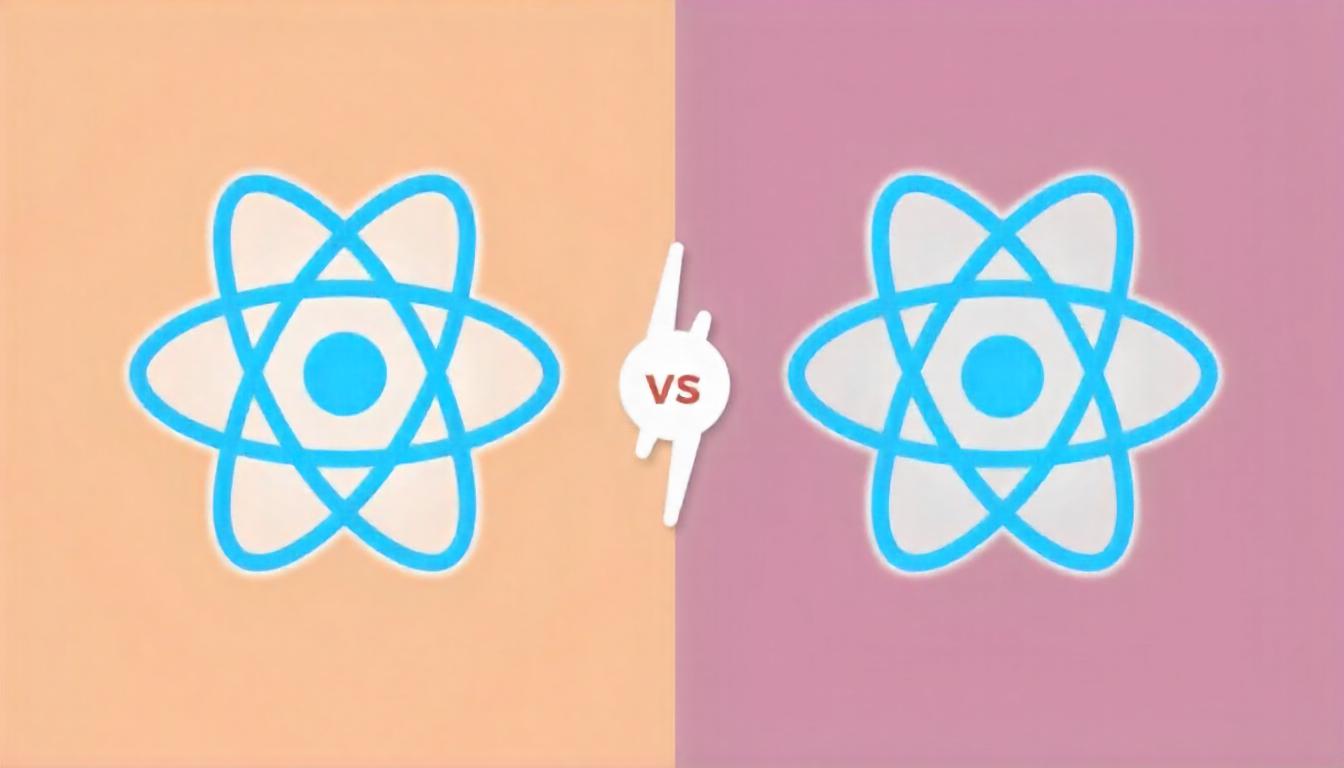
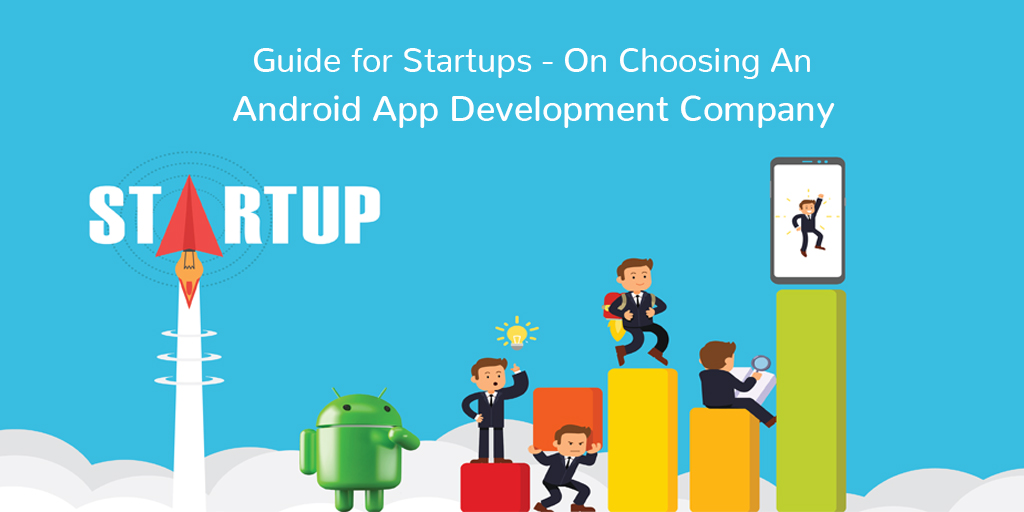
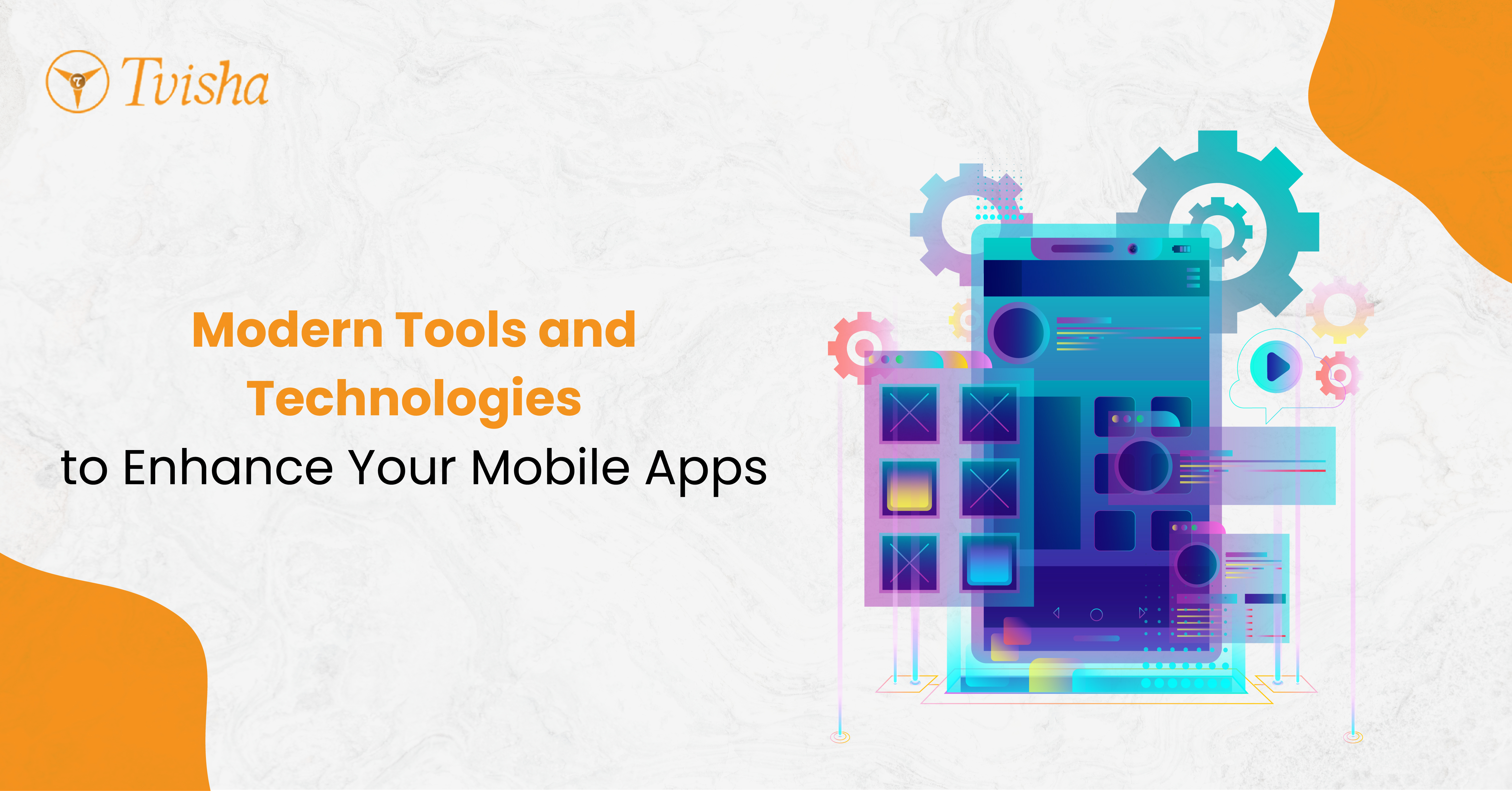

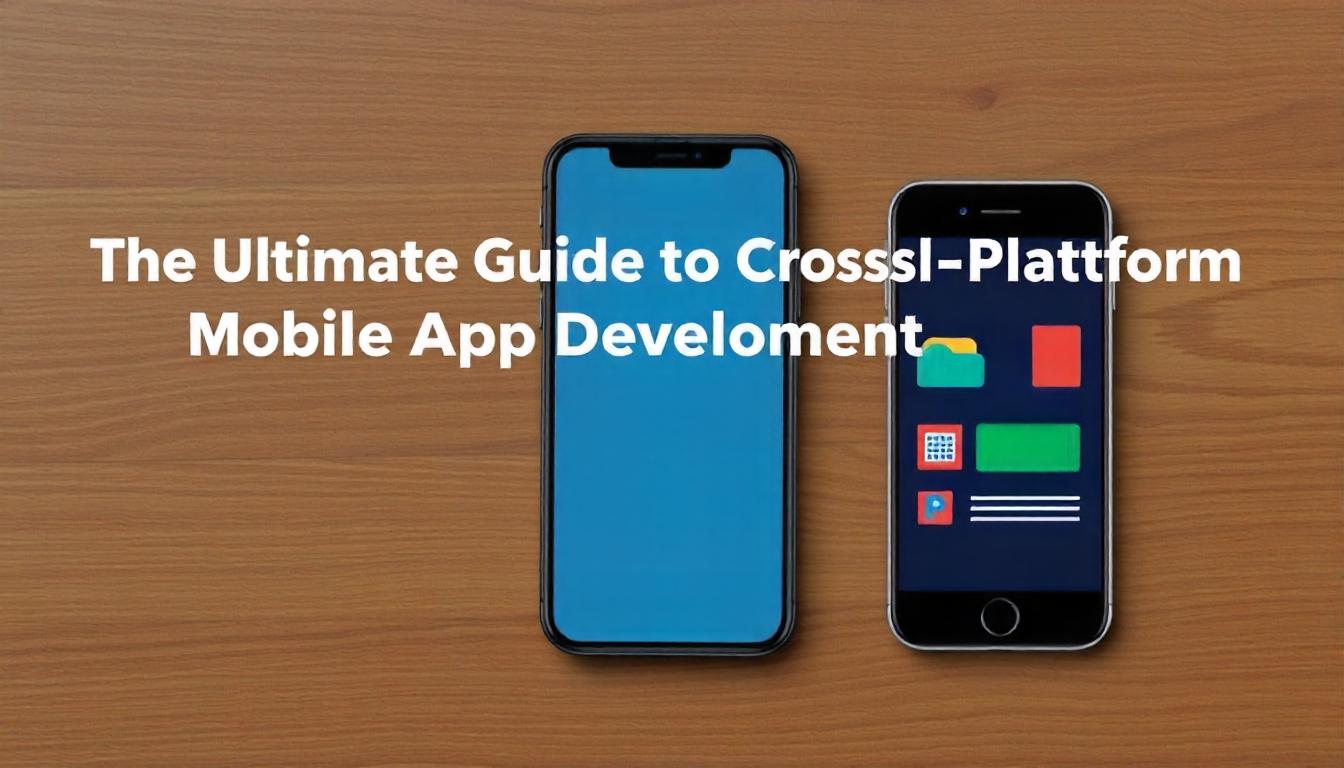








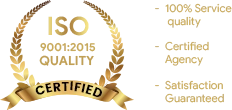


 Whatsapp
Whatsapp
 Email
Email


